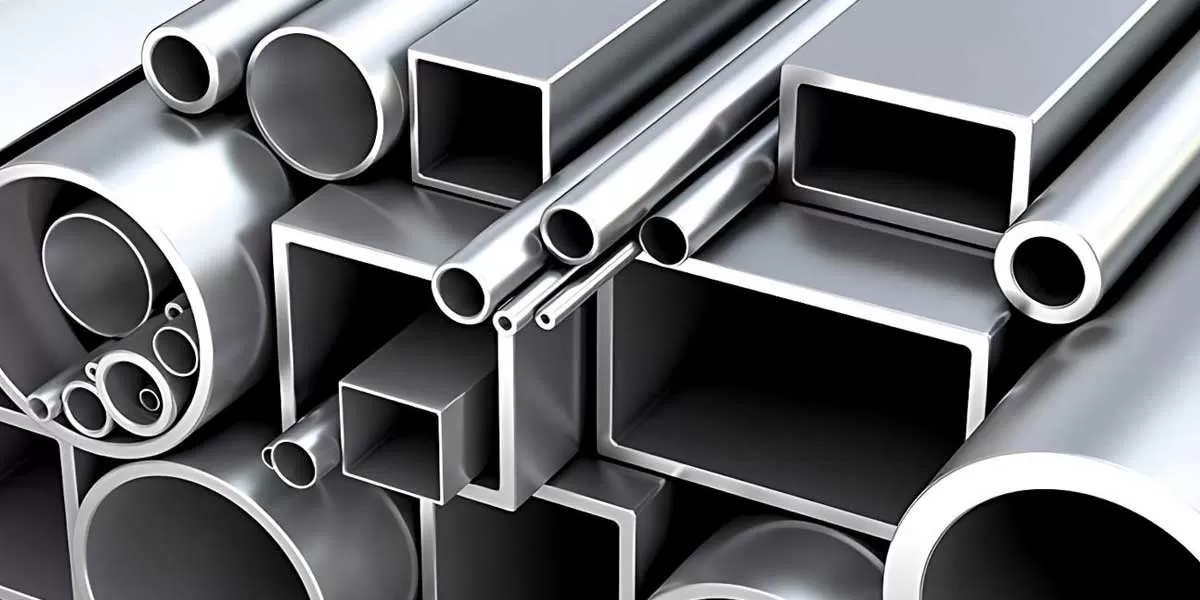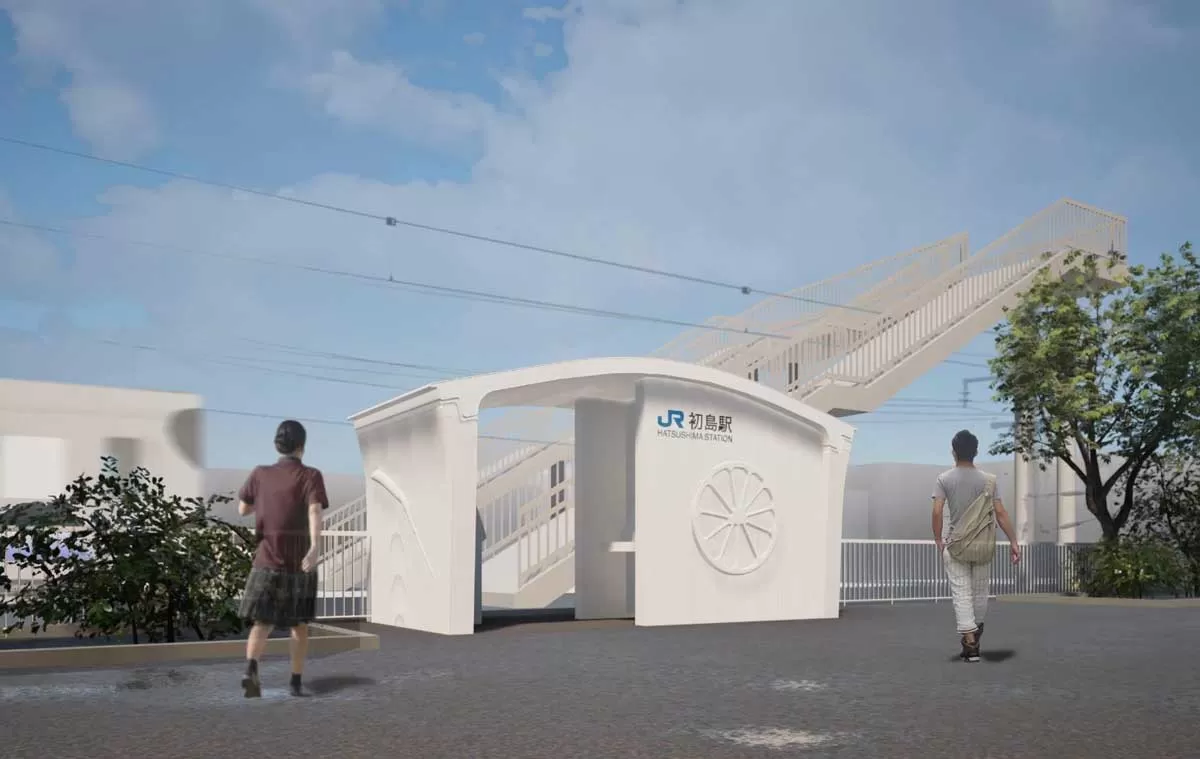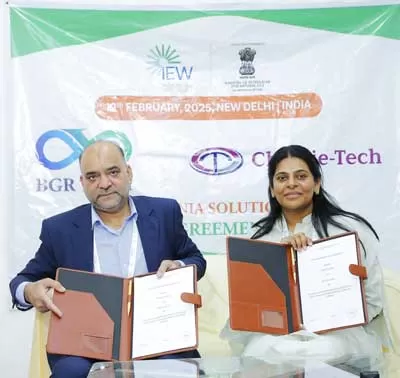

Japan builds 3D-printed station in just six hours
In a pioneering move, West Japan Railway Company has introduced a 3D-printed train station in Arida city, reportedly the first of its kind in the world. The new Hatsushima station was assembled in less than six hours using prefabricated components manufactured off-site and transported over 800 kilometres to the location.The new facility replaces an ageing wooden structure dating back to 1948. Since 2018, Hatsushima has functioned as an unmanned station, a common model for smaller stations across Japan. It serves approximately 530 passengers daily on a single-line route with limited train frequ..

Repo Relief: Real Estate Sector Applauds RBI’s Second Consecutive Rate Cut
In a decisive move to stimulate growth amid global economic uncertainties, the Reserve Bank of India (RBI) has slashed the repo rate by 25 basis points for the second consecutive time this year, bringing it down to 6 per cent. This back-to-back reduction reflects the central bank’s accommodative stance aimed at reviving domestic consumption, easing borrowing costs, and providing a fillip to interest-sensitive sectors—particularly real estate.The latest cut follows a similar 25 bps reduction in February and comes at a time when inflation has moderated and the GDP growth for FY26 is projecte..

BGR Tech, Chemie Tech to jointly execute green hydrogen projects
BGR Tech has signed a Heads of Agreement (HOA) with Chemie Tech DMCC to collaborate on multi-megawatt Lump Sum Turnkey (LSTK) green hydrogen and ammonia projects across global markets. The agreement was signed by Ms. Priyadershini Raghupathy, Managing Director – BGR Tech Ltd., and Mr. M.K. Saiyed, Chairman & Managing Director – CTDMCC, in the presence of Mr. Shandar S.M. Zaidi, Director – Green Hydrogen & Ammonia, CTDMCC.BGR Tech will provide green hydrogen generation and purification systems, including electrolysers and related engineering support, drawing on its manufac..














